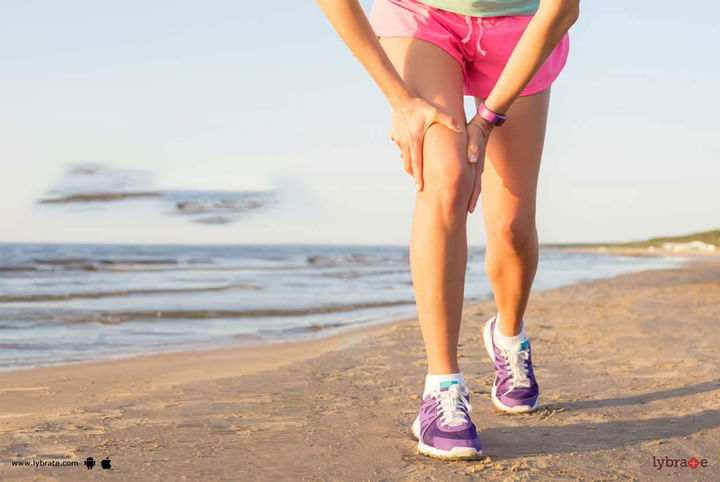Runner's Knee - How To Prevent It?
The problem with runner’s knee is that it leaves you partially immobile. The pain is really uncomfortable and it bars daily activities, exercises, etc. To get relief from such pain, you may try resting the knee for some time. In case you are not getting any respite with rest and precautionary steps, you may go for more aggressive treatment. However, to understand what is going wrong with your knee, it is important that you understand the problem and its causes better.
Understanding Runner’s Knee-
It can be a combined problem with the knee cap, misalignment of any of the bones starting from the pelvic line to the knee, damage or degeneration of the cartilage beneath the knee bone or patella, or loosening of the associated thigh muscles. Hence with any or some of the bone problems, the condition may develop. You may hear a pop sound with knee movements or may experience pain and swelling. Pain may come from any side or surround the full joint.
Prevention Is The Best Method-
To prevent runner’s knee from affecting you, when you know that you are an athlete and are more susceptible to it, try the following:
-
Concentrate on strengthening your thigh muscles for complete support.
-
Pick a good shoe for running and exercising.
-
Try to avoid hard running tracks.
-
Manage your weight.
-
Use a knee guard when doing an intense workout.
-
While you are increasing your workout and activity, try to make the change slow and gradual.
How To Treat Runner’s Knee?
The best treatment for the condition is rest. Time and rest cure the problem on its own in most cases. Pain can be reduced with ice pack application for half an hour and can be repeated after every 3-4 hours for 2-3 days. Also, you must try to keep your legs high using pillow support while you are lying down or sitting. Try to get support from a good orthopedic shoe. You may also need physiotherapy exercises to heal better. Additionally, some stretching exercises for strengthening your thigh muscles would be recommended by your physiotherapist.
If the pain is excruciating, you may take pain killers like ibuprofen or naproxen etc. Ensure you take these medicines only after consent from your doctor. In some severe cases, surgery may be needed to align the bone or replace the affected cartilage.
Healing time-
The age and body condition decides how fast you would heal. But once you are cured, try to be careful with enough knee support through shoes, knee guards and physiotherapy so that the condition does not return. Also, remember that resting between exercise reps is a must.



+1.svg)
